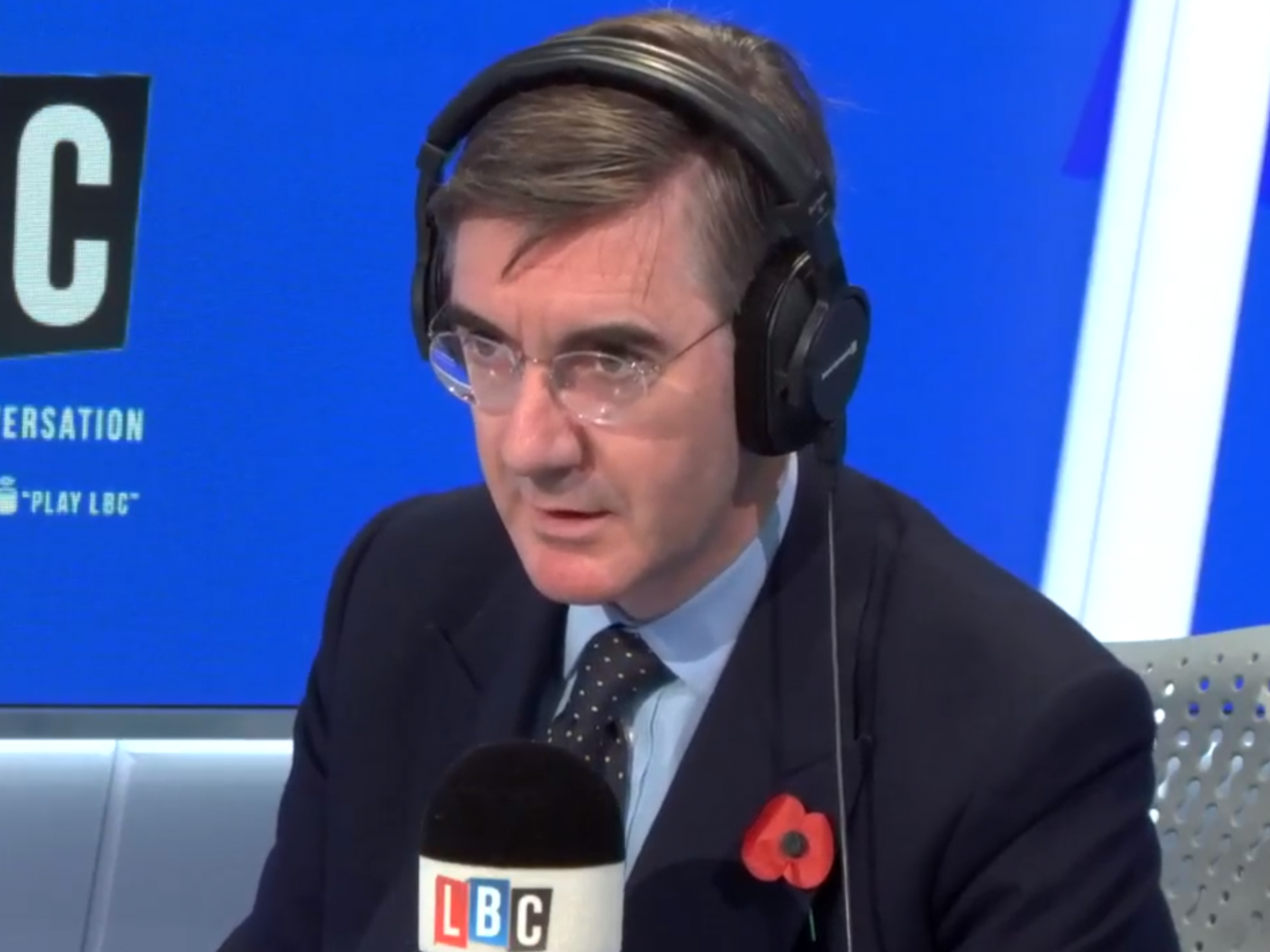Have gaffes and mistakes ever changed the course of an election?
Boris Johnson’s campaign has got off to a terrible start but, asks John Rentoul, will such negative stories have any effect on the outcome?


Most missteps in election campaigns seem to excite journalists more than the general public. Boris Johnson’s election campaign has got off to a terrible start, but we should recall the Daily Mail’s “most disastrous few hours in campaign history” from the last election.
That was because Jeremy Corbyn’s car ran over someone’s foot on the way into the meeting to sign off Labour’s manifesto, which had been leaked overnight. Only dedicated collectors of political ephemera remember the events of that day, which not only did Labour’s standing no harm, but actually boosted the party’s popularity.
The leak of the manifesto meant that journalists reported what was in it without any of the distractions of media questions to Corbyn on the day of the formal launch – and many of the policies turned out to be more popular than expected.
So the first question to ask about presentational disasters is, what is a “gaffe” anyway? It seems disrespectful to apply the word to Jacob Rees-Mogg’s suggestion that Grenfell Tower residents should have shown enough “common sense” to ignore the fire brigade’s advice. It seems trivialising to use it to describe the political fallout from a rape trial, which has led to the first resignation of a cabinet minister, Alun Cairns, the Wales secretary, during an election campaign.
And it isn’t the right word to describe the misleading editing of a video of Sir Keir Starmer, the shadow Brexit secretary – the third negative story to hit the Conservative campaign on day one.
Which suggests that such stories cannot simply be lumped into a single category and measured by counting them. Each story has to be judged separately: is it a mistake that will quickly be forgotten; is it a revealing embarrassment that will influence the voters; or is it a serious misjudgment that could make a difference to the election outcome?
Sometimes a poor choice of words is remembered by historians, as when Winston Churchill said in the 1945 election that Labour would need “some sort of Gestapo” to implement its policies. But it is doubtful whether it had much effect on the voting.
On several occasions words that were not intended for public consumption caused problems. Oliver Letwin, when he was shadow chief secretary to the Treasury, had to go into hiding for most of the 2001 election campaign after he suggested a Tory government would make deeper cuts than in the manifesto.
Gordon Brown suffered worse embarrassment as prime minister when his comment about Gillian Duffy, a voter, being “some bigoted woman” was picked up by the microphone still attached to his lapel.
Both times, the private words spoke volumes about the politician and their party, and helped the voters to form a fuller view of the contest.
Which could not be said for such distractions as Piers Merchant, the Tory MP who was photographed kissing a female friend in a public park at the start of the 1997 campaign, or the one day in the dull 2001 campaign when something happened – namely John Prescott, deputy prime minister, punching someone who hit him with an egg.
The definitive “gaffe” was the multilayered disaster at the centre of Theresa May’s campaign in 2017. The dementia tax was a mistake, but it wasn’t just a verbal slip. It was a carefully considered error, compounded by a partial U-turn and by the prime minister’s defensiveness: “Nothing has changed; nothing has changed.”
That was such a full-spectrum disaster, reinforcing negative perceptions of the Conservative Party, that it undoubtedly contributed to May’s loss of seats. Bad though the start of Johnson’s campaign has been, none of it looks as fundamental as that – except for the feeling that there may be worse stories yet to come.
Join our commenting forum
Join thought-provoking conversations, follow other Independent readers and see their replies
Comments